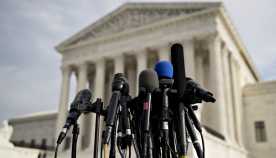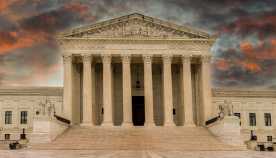About Us


Most people with pension plans feel secure in the knowledge that there are funds waiting for them to live on when they retire. That’s because most pension plans are protected by federal laws that ensure they are properly funded.
Sadly, that’s not always the case. When it comes to so-called church plans, it’s estimated that more than 1 million retirees who worked for religious organizations may be left high and dry because they’re not protected by federal legislation.
How do you know if you have a church plan?
- If you are working for or have worked for a church or a church-sponsored entity, your pension plan may be a church plan.
Here’s what you need to know about the law, what protections you do have, and how you can fight for your rights to retirement income you were promised.
What is ERISA?
- The Employee Retirement Income Security Act (ERISA) is the federal law that contains minimum standards for private pension plans and protects people who participate in such plans.
- There is an exception to ERISA for church plans, which are pension plans offered by a religious entity or an entity that is either associated with or controlled by a religious organization.
Are church plans exempt from ERISA?
- Yes, church plans are exempt from ERISA’s rules requiring employers to contribute a minimum amount of funding to the plan.
- Church plans are also not guaranteed by the federally chartered Pension Benefit Guaranty Corporation.
- While church plans are exempt from ERISA, state law principles continue to apply to protect plan participants and beneficiaries.
What can you do if your church plan pension fails to deliver?
- If your employer fails to provide the retirement income you were promised and your retirement plan was a church plan, you may be able to sue for violations of state law..





















